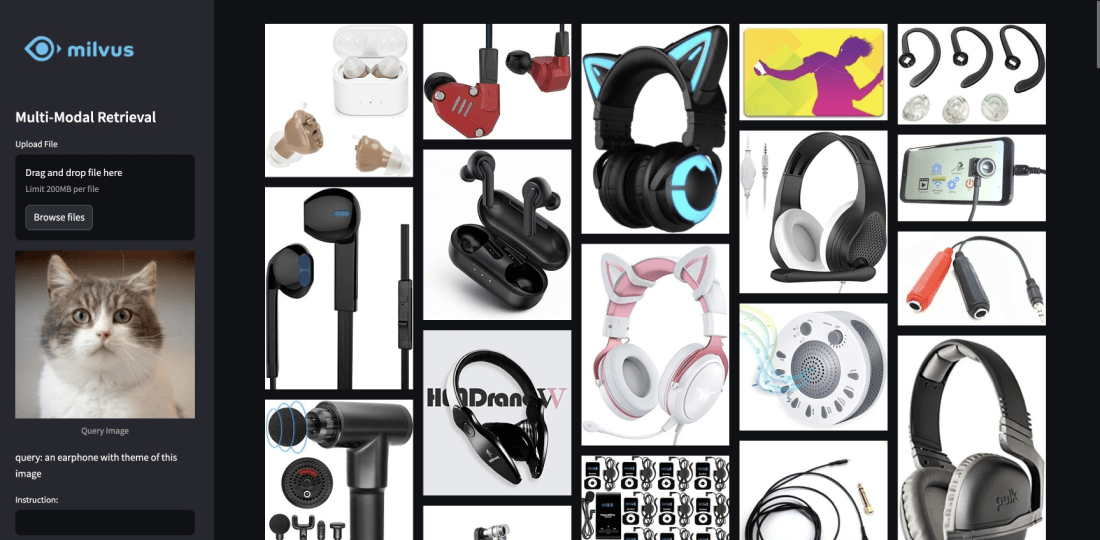Multimodal datasets are critical for training AI models because they enable systems to process and relate multiple types of data, such as text, images, audio, and sensor inputs. By combining diverse data sources, models learn to recognize patterns and relationships that are not apparent when using a single modality. For example, a model trained on paired images and captions can understand how visual elements correspond to descriptive language, improving tasks like image captioning or visual question answering. This approach mimics how humans perceive the world through multiple senses, leading to more adaptable and versatile AI systems.
A key advantage of multimodal datasets is their ability to enhance context and accuracy. When a model can cross-reference information from different modalities, it reduces ambiguity. For instance, in speech recognition, combining audio with video of lip movements helps resolve words that sound similar but have distinct visual cues (e.g., “bat” vs. “pat”). Similarly, medical AI models trained on both X-rays and patient history text can make more informed diagnoses by correlating visual anomalies with symptoms described in notes. This cross-modal validation also improves robustness: noise or errors in one data type (e.g., blurry images) can be compensated for by another (e.g., accompanying text descriptions).
Finally, multimodal datasets prepare AI models for real-world applications where inputs are inherently complex. Autonomous vehicles, for example, rely on fused data from cameras, lidar, maps, and traffic signs to navigate safely. Virtual assistants like Siri or Alexa process voice commands alongside screen taps, location data, and user history to deliver relevant responses. Developers working on generative AI tools, such as video synthesis from text prompts, require multimodal training to align language with visual elements. Without diverse datasets, models would struggle with scenarios demanding simultaneous interpretation of multiple signals—limiting their practicality and scalability in dynamic environments.
